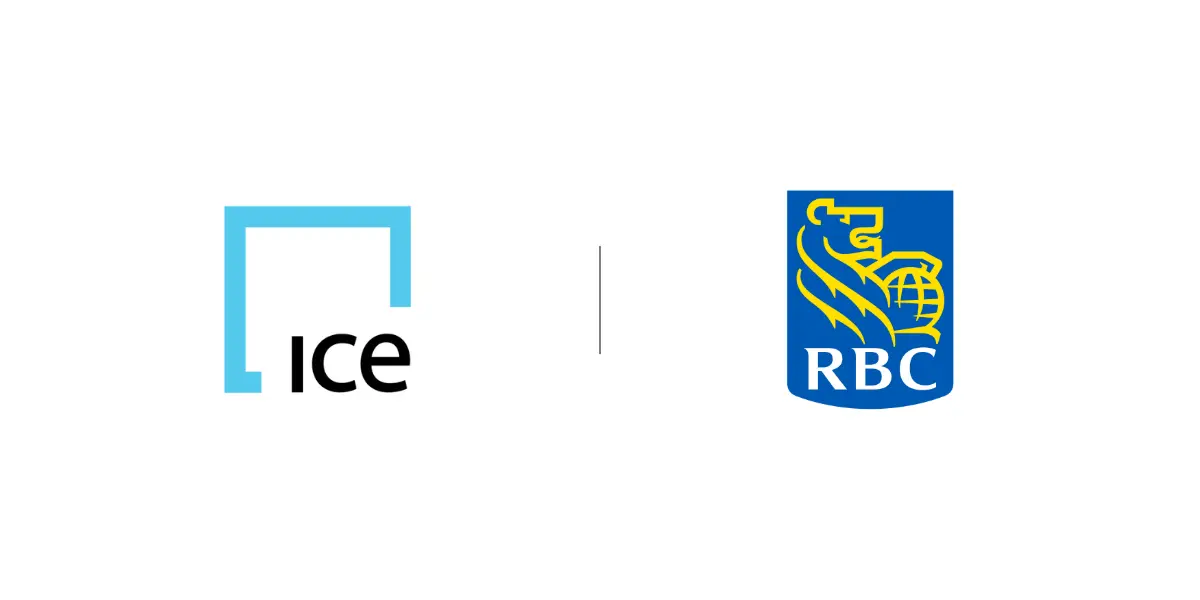- Forex Brokers
Best Brokers
- Guide
- Education
- Forex Software
- Tools
- News
- Forex Brokers
Best Brokers
- Guide
- Education
- Forex Software
- Tools
- News

Story Highlights
The Royal Bank of Canada (RBC), has just made a strategic move in the world of credit derivatives. They’ve joined forces with ICE Clear Credit, the undisputed heavyweight in credit default swaps (CDS) clearing. This alliance promises to streamline the Royal Bank of Canada’s CDS operations and fortify the CDS market as a whole.
Think of a bustling marketplace, but instead of vegetables and spices, it’s CDS contracts. RBC’s membership in ICE Clear Credit grants them access to standardized solutions for clearing a diverse range of CDS products. This includes Single Name CDS, shielding them from defaults by individual companies, and Index CDS, offering protection against an entire market segment collapsing. But wait, there’s more! RBC can now clear CDS Index Option instruments, adding another layer of sophistication to their trading strategies.
“Our ability to access central clearing for the full range of our actively traded CDS products enables the Royal Bank of Canada to achieve significant capital and operational efficiencies across our CDS portfolios,” explains Santosh Sateesh, Managing Director and Global Head of Credit Derivatives Trading at RBC.
Imagine a robust ecosystem, where each player strengthens the others. That’s precisely what the Royal Bank of Canada’s addition brings to the ICE Clear Credit network. As a major force in global finance, their participation adds significant weight.
“We’re very pleased to have them join ICE Clear Credit as a clearing member,” says Stan Ivanov, President of ICE Clear Credit.
He added, “The addition of RBC to our world-class roster of clearing members brings an important participant to our ecosystem and builds on the leading liquidity we offer for global CDS markets.”
Since its 2009 launch, ICE Clear Credit’s clearing solutions have facilitated the clearing of a staggering $330 trillion in two-sided notional value. This has dramatically reduced counterparty risk within the CDS market. With the Royal Bank of Canada on board, this trend is poised to continue, fostering greater stability in the credit derivatives landscape.